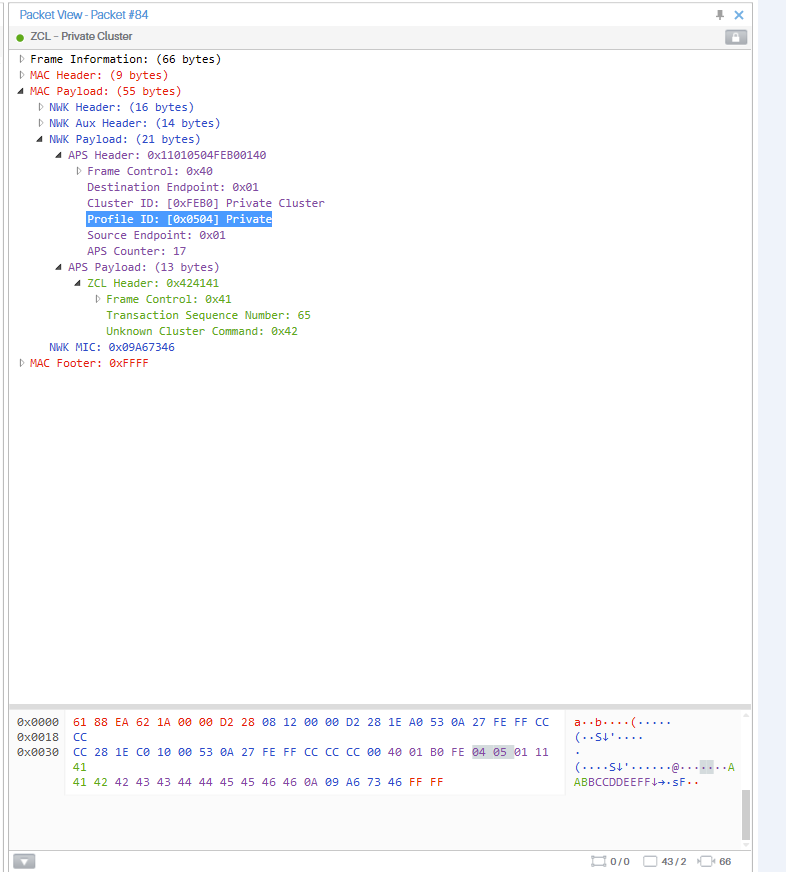I understand that an adapter interface code needs to be implemented in zigbee-herdsman for Zigbee2MQTT and ioBroker support?
https://github.com/Koenkk/zigbee-herdsman/blob/master/src/adapter/adapter.ts
https://github.com/Koenkk/zigbee-herdsman/tree/master/src/adapter
Would that be a similar to how deConz (ConBee/RaspBee) adapters and ZiGate adapter has been added to zigbee-herdsman?
https://github.com/Koenkk/zigbee-herdsman/issues/72
https://github.com/Koenkk/zigbee-herdsman/pull/241
@Koenkk if you do not already have a Silicon Labs EFR32MG1 or EFR32MG2 based Zigbee dongle/stick then could I offer to donate hardware to you? Maybe make an earmark PayPal donation of $30 US-dollars to you so that you can purchase on for yourself?
PS: I am only a home automation enthusiast and not affiliated with Ebyte, Silicon Labs, or any resellers of hardware or software. Unfortunately, I do not have the TypeScript/JavaScript coding skills to port or implement EZSP adapter support zigbee-herdsman.
 In other words, the moudule running a Ebyte offical firmware cant't act as a standard coordinator like CC2652R, while it can connect your serial device to ZigBee network easily.(zigbee-herdsman &
zigbee-herdsman-converters modification needed)
In other words, the moudule running a Ebyte offical firmware cant't act as a standard coordinator like CC2652R, while it can connect your serial device to ZigBee network easily.(zigbee-herdsman &
zigbee-herdsman-converters modification needed)

Will you consider adding support for Silicon Labs Zigbee cordinator dongles/sticks via EZSP (EmberZNet Serial Protocol) CLI/API?
It is maybe possible for you to port the EZSP (EmberZNet Serial Protocol) code from the bellows library to zigbee-herdsman (in a similar manner to how zigpy-cc which was ported from zigbee-herdsman)?
Porting https://github.com/zigpy/bellows open-source python code for EZSP commands to TypeScript for zigbee-herdsman?
I understand that the bellows library itself was based Silabs official EZSP Reference Guides from Silicon Labs, like UG100:
PS: Silicon Labs EFR32 family replaces its old ETR35x however both are Ember NCP and support the same EmberZNet Zigbee stack.